In the once-bustling Eixample district, birdsong and the occasional whir of a food delivery cyclist have replaced the continuous din of passing traffic – making lockdown life unexpectedly bucolic in this Barcelona neighbourhood.
Lara Ocon, a local resident who works in marketing, said life has become more peaceful in the cosmopolitan district since Spain implemented strict social distancing orders on March 14 to stem the spread of the new coronavirus.
“I spend weekends sunbathing with a book … there is something very enjoyable in a slower pace and more local lifestyle,” Ocon told the Thomson Reuters Foundation.
Before the lockdown, she said, she had a busy social life and travelled abroad extensively for work – in January alone, she flew to Colombia, Iceland and the Netherlands.
“This pause makes me think that, really, that lifestyle is absolutely crazy,” she said.
As city dwellers around the world are forced to stay closer to home, some architects are rethinking urban infrastructure to promote a more local lifestyle and help people adapt to a post-pandemic world.
Harm Timmermans, owner of Netherlands-based Shift architecture urbanism, said he was inspired by his own experience of shopping in Rotterdam when he came up with the concept of a pandemic-friendly ‘Hyperlocal Micromarket’.
“The first day of the Dutch shutdown, I went to the supermarket and I realised that they are the weakest link in terms of social distancing – the rules are very hard to keep there,” he said over the phone.
But with local markets shut, many people had no choice but to brave the city’s supermarkets, he noted.

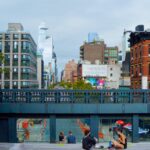



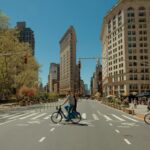
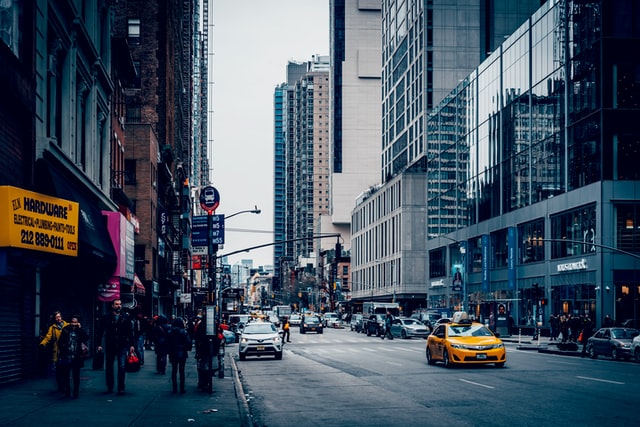
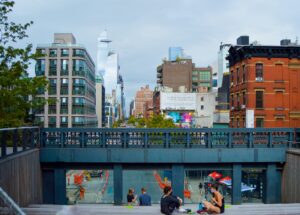
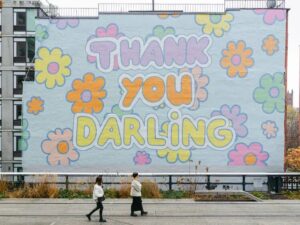


More Stories
A stealthy reimagining of urban public space by Elizabeth Diller
A Blueprint for Public Realm Leadership
TULIP – Your place at the table / ADHOC architectes